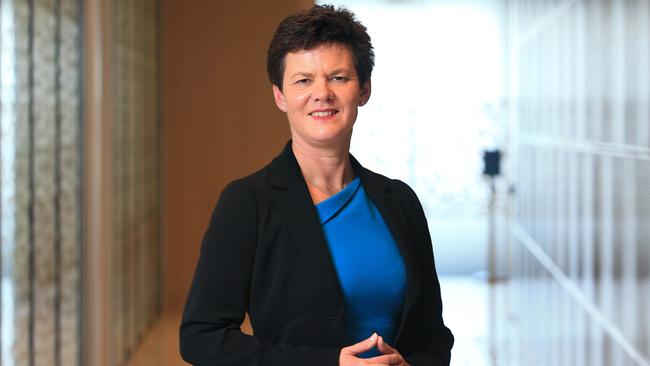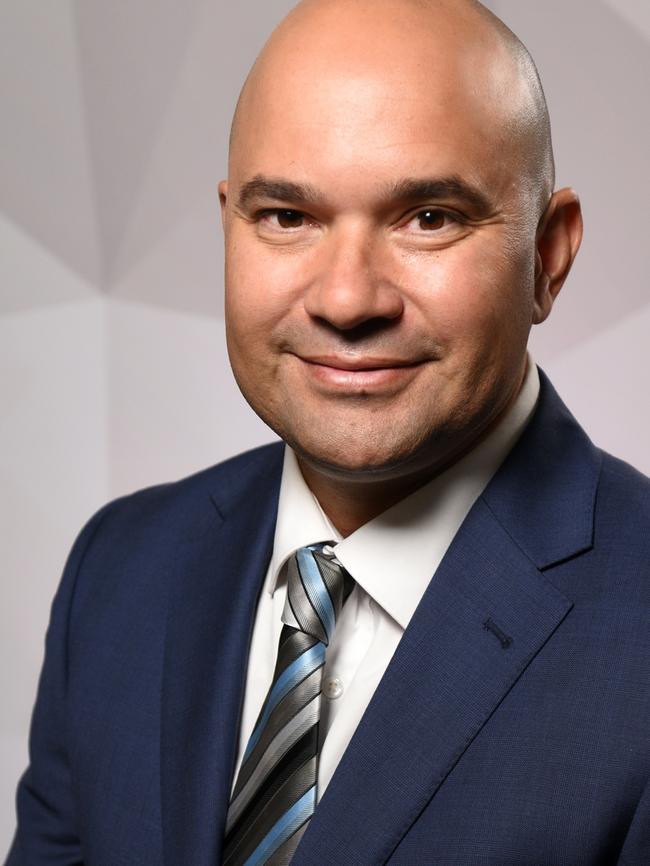KPMG gets strategic on Indigenous Australia
Reconciliation plans shift processes and attitudes in corporate Australia.

Glen Brennan has a simple solution to the relative lack of Indigenous employees in sectors such as IT, tourism and hospitality – take a look at the high number of Indigenous doctors who have graduated in recent years.
There are about 600 Indigenous doctors in Australia and about 400 medical students – numbers which the partner and head of Indigenous services at KPMG says are no accident but the result of determined action. And he says “the best thing” about promoting job opportunities in tech, for example, is that “it’s not being left to the government or to Indigenous organisations”.
Says Brennan: “The hottest property on the market at the moment would be an Indigenous IT graduate. That demand I think will start to go back through the system. The kids start to see the success stories in those spaces. People with that skill set are in hot demand, and that’ll go back to the little brothers and sisters.”

He says there is similar demand in corporate Australia for Indigenous accountants and bankers, while the growth in Indigenous-related tourism offers great job opportunities.
Brennan was speaking this week as KPMG celebrated the success of its Reconciliation Action Plan which has achieved, for the third time, an Elevate type – the highest of four levels of RAPs and one which reflects a track record of “embedding effective RAP initiatives in their organisation ... and are ready to take on leadership to advance national reconciliation”. Elevate RAP organisations have a strong strategic relationship with Reconciliation Australia and actively champion initiatives to empower Aboriginal and Torres Strait Islander people and create societal change.
KPMG developed its first RAP in 2009 and committed to Elevate RAPs in 2013, 2017 and again this year after calling in external auditors to assess the firm’s performance against the plan. The professional services firm’s national chair, Alison Kitchen, says the firm is proud of its long commitment to reconciliation and its Elevate achievement and has taken on three new projects under its latest RAP – improving the firm’s approach to internal Indigenous appointments; maximising its service offerings to Indigenous businesses; and taking a collaborative approach to Indigenous suicide prevention.
The firm recruited 55 Indigenous employees between 2017 and 2020 – above its RAP target of 40 – but Kitchen says the more important question is whether they were retained and given meaningful careers.
“And that’s an area where we were honest about saying, ‘yes, we recruited a lot, we blitzed our recruitment target, but we didn’t retain them so well’,” she says.
One solution is the firm’s “KIN” network in which anyone who chooses to identify as Indigenous can participate. There are about 50 KPMG employees in the network and another 700 staff are signed up as “allies” to support Indigenous colleagues.
“That means they have said, we want to support everything to make your Indigenous team work,” Kitchen says. “We want a fortnightly newsletter, we want to know how we can help you. What should we be doing? (It’s) people choosing to say, I want to be part of this.”
Brennan points out that one reason Indigenous people leave the firm is simply that “it’s a hot market out there and people who have been through the KPMG training are in demand”. But he acknowledges also the need to ensure the firm is a safe space for Indigenous staff.
Both say the firm’s clients are increasingly engaged in the reconciliation project.
“It’s quite unusual for me now to go to a senior meeting with clients and not see an acknowledgment to country, or not see the flags displayed,” Kitchen says.
“Some of the things that, I would expect, and hope, that we can take for granted but that maybe 10 years ago, were rare. I think those things are becoming more and more embedded in more and more clients.”
Brennan has worked with about 250 Indigenous businesses since he joined KPMG early last year and says many of the 2700 registered Indigenous businesses in Australia are now building significant scale, creating jobs for Indigenous workers and intergenerational wealth.
He says procurement schemes to encourage companies to buy goods and services from Indigenous suppliers are an important factor in the growth of Indigenous companies – and notes the expansion of such schemes.
“When the Indigenous Procurement Policy started out (in 2015) it was just the federal government doing it,” he says.
“Now we’re seen the Raising the Bar initiative by the Business Council of Australia, where 16 corporates have said that they’re going to buy $3bn (of goods and services from Indigenous suppliers).”
The BCA program was launched in August 2019 and commits to the spend over five years. Brennan also points to state government moves – such as in NSW – to implement similar procurement schemes.



